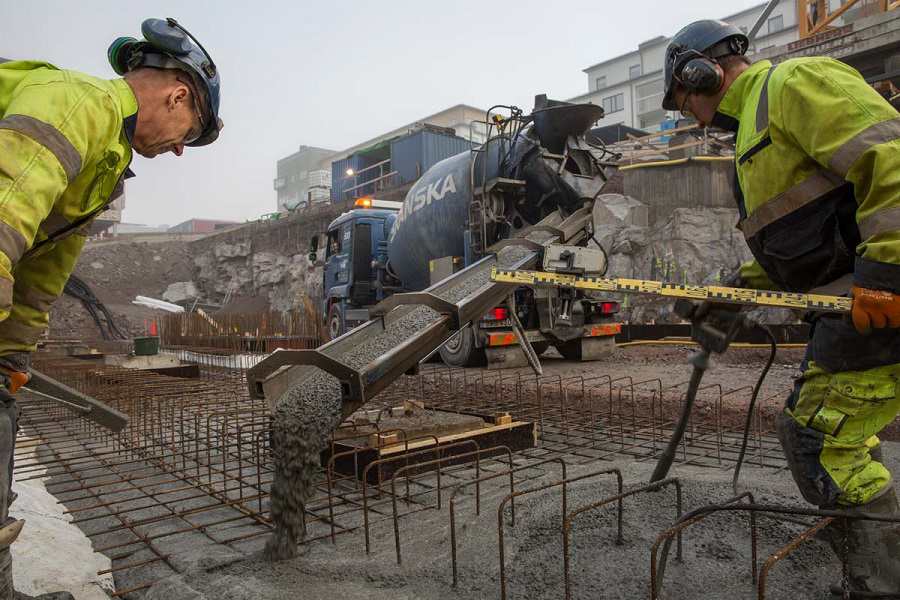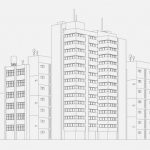Due to the following characteristics, concrete has been found an excellent shielding material:
1. It has sufficient capacity to absorb the radiation both of neutron and gamma rays, reducing the radiation to a very weak state.
2. It has good mechanical properties as strength and durability.
3. When green, it can be moulded into any shape. Thus the ease of construction makes concrete a specially suitable material for radiation shielding.
4. Its initial and maintenance cost is also relatively low.
Disadvantages:
Its disadvantages are as follows:
1. As the sections of the structure are heavy, they need more space. Thus the use of concrete as shielding against radiation needs more space.
2. The weight of shielding concrete is very high in the range of 3360 to 3840 kg/m3.
Aggregates to be Used in Shielding High Density Concrete:
For making shielding concrete heavy weight aggregate having a specific gravity between 3.5 to 4.0 is needed. There are many aggregates whose specific gravity is more than 3.5 for making a heavy weight concrete.
Some of natural commercially used aggregates are as follows:
1. Barite
2. Magnetite
3. Ilmenite
4. Limonite, and
5. Hematite etc.
Barite is the most common natural aggregate having a specific gravity of 4.1 with 95% purity. Steel and iron aggregates in the form of shots and punching scrap for use as a heavy weight aggregate are also available in the market. They are known as artificial aggregate.
While selecting the aggregate to be used, the availability of the aggregate locally and their physical properties should be considered. In general the heavy weight aggregate should be strong, clean, inert and relatively free from deleterious materials which might impair the strength of concrete.
The capacity of various heavy aggregates to absorb gamma rays is directly proportional to their density. Also the heavier elements are more effective in absorbing fast neutrons by inelastic collisions than the lighter one. Therefore as heavy aggregate as possible should be used for the construction of shield.
However, density is not the only factor to be considered in the selection of an aggregate for neutron concrete shield. The desired increase in hydrogen content required to slow down the fast neutrons, can be accomplished by the use of hydrous ores. These materials contain a high percentage of water of hydration. On heating the concrete, some of this fixed water in the aggregate may be lost. Lemonite and goethite are reliable sources of hydrogen as long as shield temperature does not exceed 200°C, whereas serpentine is good upto 400°C. The physical properties of high density aggregate are shown in Table 23.1 below.



Comments are closed